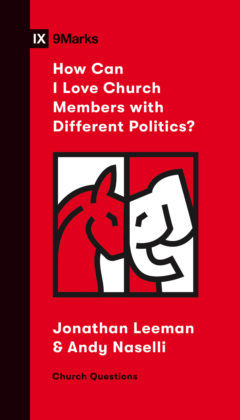This book is my attempt to present a biblical theology of snakes and dragons:
Andrew David Naselli. The Serpent and the Serpent Slayer. Short Studies in Biblical Theology. Wheaton, IL: Crossway, 2020. 157 pp.
Available from Amazon (including Kindle), Westminster Bookstore, and Logos Bible Software.
Serpent is an umbrella term that includes both snakes and dragons. It’s the big category. Snakes and dragons are kinds of serpents. [Read more…] about Kill the Dragon, Get the Girl! A Biblical Theology of Snakes and Dragons (The Serpent and the Serpent Slayer)






